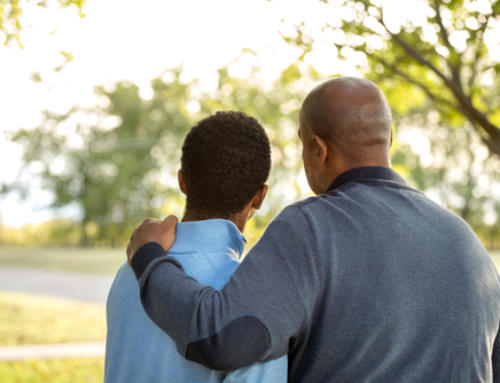The first step to avoiding a relapse is understanding that a relapse happens in multiple stages. The stages can occur at once or gradually over several weeks. You will have more success avoiding a relapse if you are able to identify the signs that come with the early stages of a relapse. Make sure you have a plan for your recovery and that it addresses all 3 types of relapses that you could face. Relapse can be a part of recovery but it doesn’t have to be. Armed with the signs, you can prevent relapse from happening.
Emotional Relapse:
This is the stage of relapse you will have the most success overcoming if you can identify the signs soon enough. Signs of an emotional relapse can be subtle if you aren’t paying mindful attention. At this point, you probably haven’t thought about using yet but your thoughts and emotions are starting to fall into a pattern that could prompt you to relapse. Some of the signs you may be facing an emotional relapse are anxiety, mood swings, trouble sleeping, poor eating habits and isolation. You aren’t feeling yourself or feeling comfortable in your own skin. To prevent further relapse at this stage it’s imperative that you talk to someone and practice self-care. Make sure you continue to attend your meetings, treatment program, and therapy. This is a point in your recovery where you will have to exercise self-discipline in order to stay disciplined in your abstinence. If you feel like skipping a meeting, that’s a strong sign that you need to ask for some help. You might be slipping away from your interest in recovery, which could lead to interest in using again
Mental Relapse:
You’ve entered a mental relapse when you’ve started thinking about using again. Even if it was just a passing thought, it needs to be identified. As time goes by your addiction may start playing tricks on you and you’ll begin only remembering the good times you used to have. You may even start to fantasize about using again as you forget how bad your addiction was in the end. When you start seeing the early signs of a mental relapse it’s important to speak up. Talk to your sponsor, your therapist, or share about it at a meeting. The best things you can do when you recognize a mental relapse are to first tell someone you are thinking about using and then find a way to distract yourself. Remember to take your recovery one day at a time. Instead of thinking about never using again, focus on just not using today or in the next hour.
Physical Relapse:
A physical relapse has happened when you’ve passed thinking about using and are now driving to the liquor store or calling your dealer. This is the hardest stage of relapse to stop because the brain has convinced the body it has already taken a drink or a drug. Working through physical symptoms of a craving requires sheer force and power of will- but you will get through it. Identifying the early stages of recovery are the best way to prevent relapse. Though more difficult at later stages, relapse can always be prevented by choosing not to pick up a drink or drug, no matter what.
The Springboard Center knows that treatment for addiction and alcoholism is important to you. That is why we are committed to providing you the best proven practices for treatment so you can live a full life of recovery. Call us today for information on our residential treatment program and sober living: (432) 620-0255




